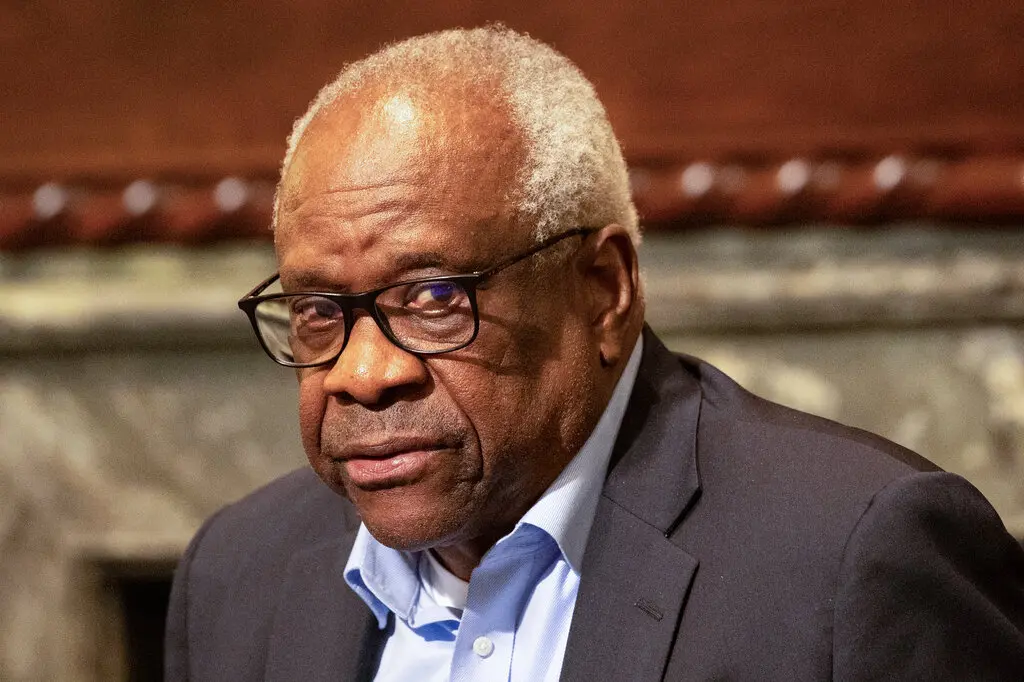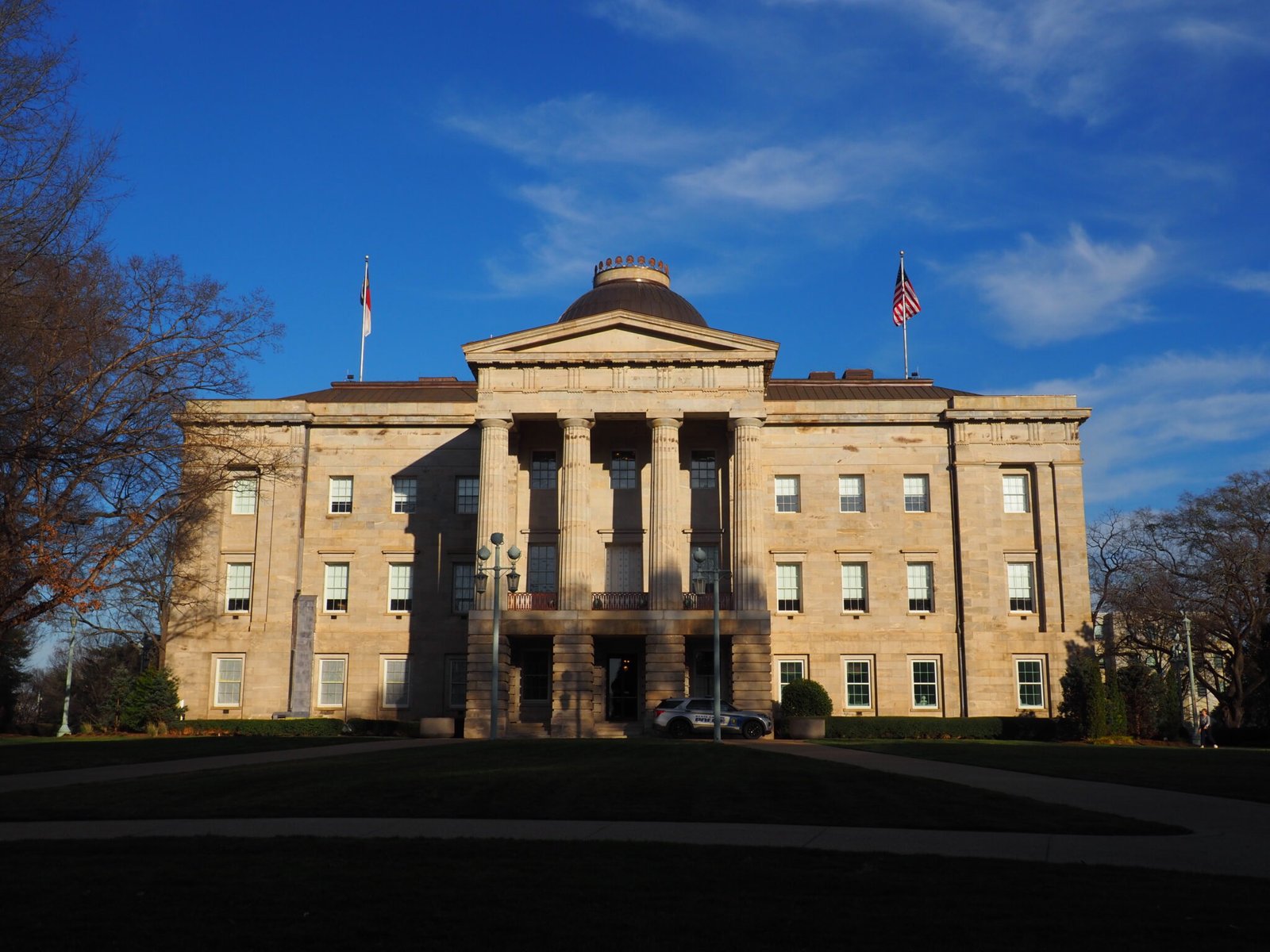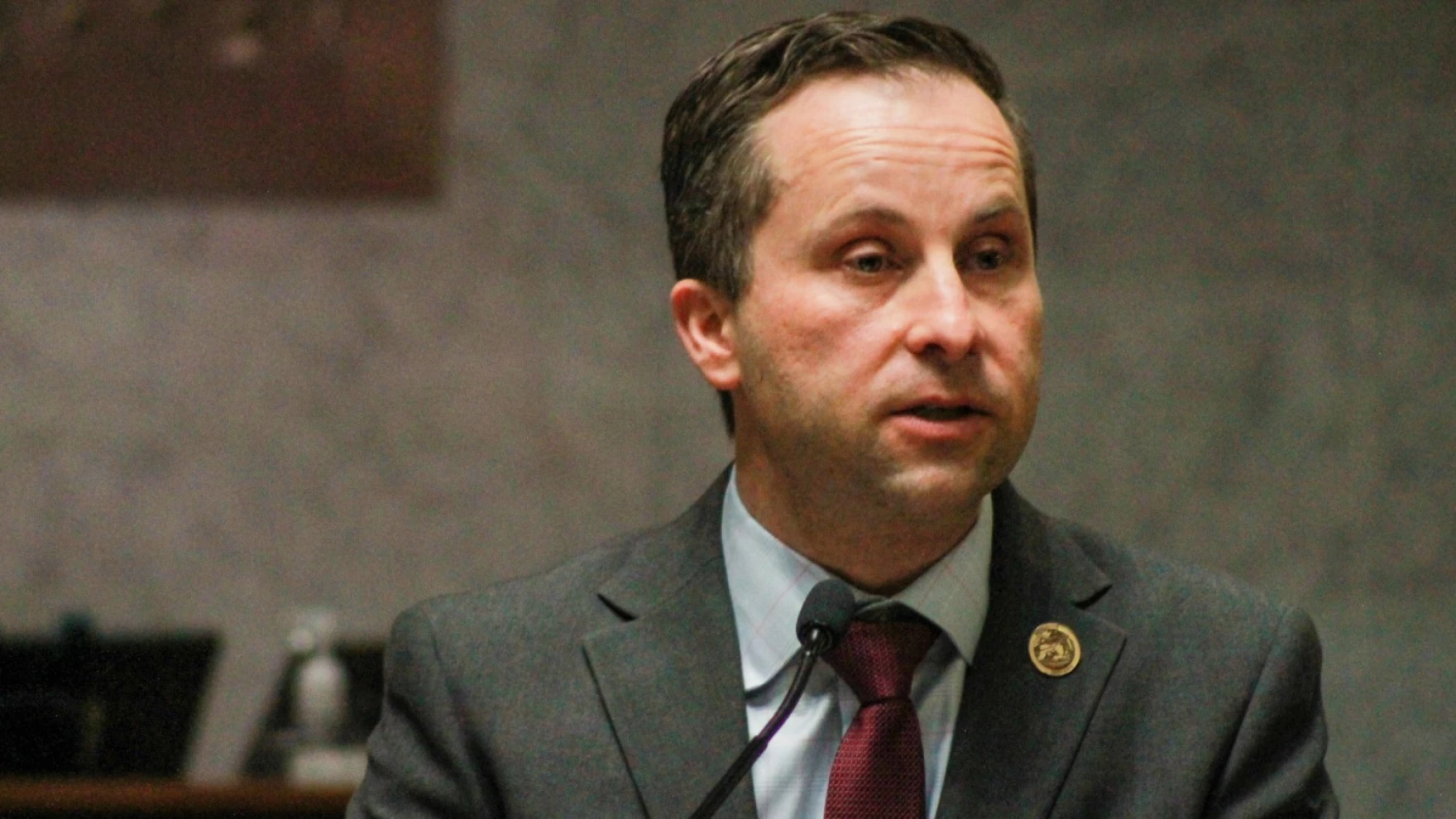Clarence Thomas, born on June 23, 1948, in Pin Point, Georgia, is an Associate Justice of the United States Supreme Court and one of the most influential and conservative figures on the bench. Growing up in a poor, rural community, Thomas overcame significant challenges to become the second African American to serve on the nation’s highest court. His journey from humble beginnings to the Supreme Court reflects a story of perseverance, strong beliefs, and a firm commitment to his judicial philosophy.
Thomas attended Holy Cross College, where he earned a degree in English before going on to Yale Law School. He graduated from Yale with a Juris Doctor degree in 1974. His legal career began with government service, including roles at the U.S. Department of Education and the Equal Employment Opportunity Commission (EEOC). His work at the EEOC was significant, focusing on combating workplace discrimination. Later, Thomas served as a judge on the U.S. Court of Appeals for the D.C. Circuit from 1990 to 1991, a position that set the stage for his Supreme Court nomination.
In 1991, President George H.W. Bush nominated Clarence Thomas to the Supreme Court, filling the seat vacated by Justice Thurgood Marshall, the Court’s first African American justice. The nomination process was highly controversial. During Senate confirmation hearings, Thomas faced allegations of sexual harassment from Anita Hill, a former colleague. The hearings were widely publicized and deeply divisive, with Thomas firmly denying the accusations. Despite the controversy, he was confirmed by a narrow Senate vote of 52 to 48 and took his seat on the Court.
Justice Clarence Thomas is widely known for his conservative judicial philosophy. He is a strong advocate of originalism and textualism, approaches that interpret the Constitution according to its original meaning and the exact wording of the law. Thomas believes that the Constitution’s meaning should not change with societal shifts or judicial activism. He consistently supports limited federal government power and often defends states’ rights.
Throughout his tenure, Thomas has been a vocal proponent of the Second Amendment, advocating for broad gun rights. He frequently opposes affirmative action policies, arguing that they violate the principle of equal treatment under the law. Thomas has also taken a restrictive stance on abortion rights, often voting to limit or overturn established precedents. He is known for his narrow interpretation of the Commerce Clause, which governs the scope of federal regulatory power over interstate commerce.
Despite being one of the quietest justices during oral arguments, Thomas’s written opinions and dissents carry significant weight. He rarely speaks out during court sessions, but his detailed written work reveals his deep reasoning and unwavering positions on legal issues. His dissents often challenge the Court’s majority and emphasize his strict interpretation of the Constitution.
Clarence Thomas’s personal life remains relatively private. He is married to Virginia Thomas, a conservative activist who has been involved in political and legal causes. The couple keeps a low profile, and Thomas is known for his disciplined focus on his role as a justice.
Over three decades on the Supreme Court have made Clarence Thomas one of the longest-serving current justices. His influence on American law is substantial, shaping debates around constitutional interpretation, civil rights, and the balance of power between the federal government and the states. Thomas’s presence on the Court represents a steadfast conservative voice and a commitment to principles that continue to affect judicial decisions across the nation.
As debates over the role of the Supreme Court and constitutional law continue, Clarence Thomas remains a key figure. His judicial philosophy and decisions highlight ongoing tensions in American society over issues like free speech, privacy, gun control, and equal rights. His legacy is defined by his efforts to maintain what he sees as the true meaning of the Constitution, impacting the legal landscape for years to come.







